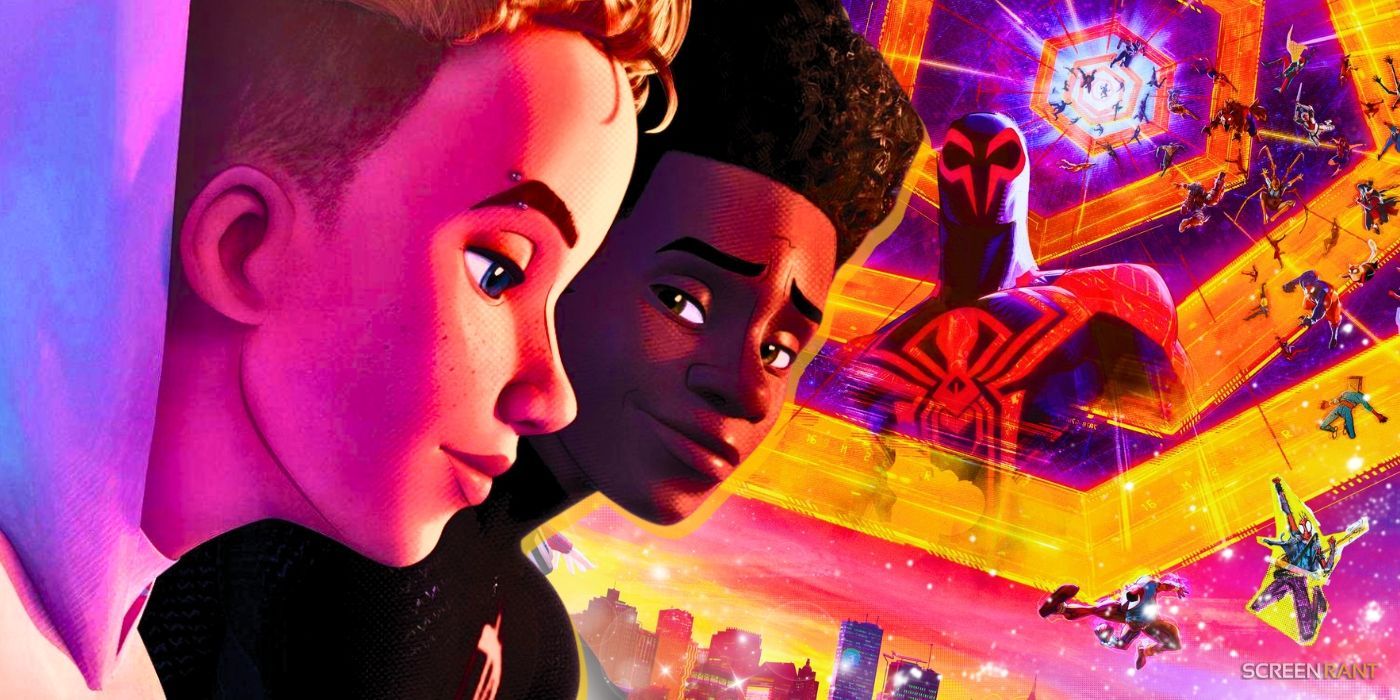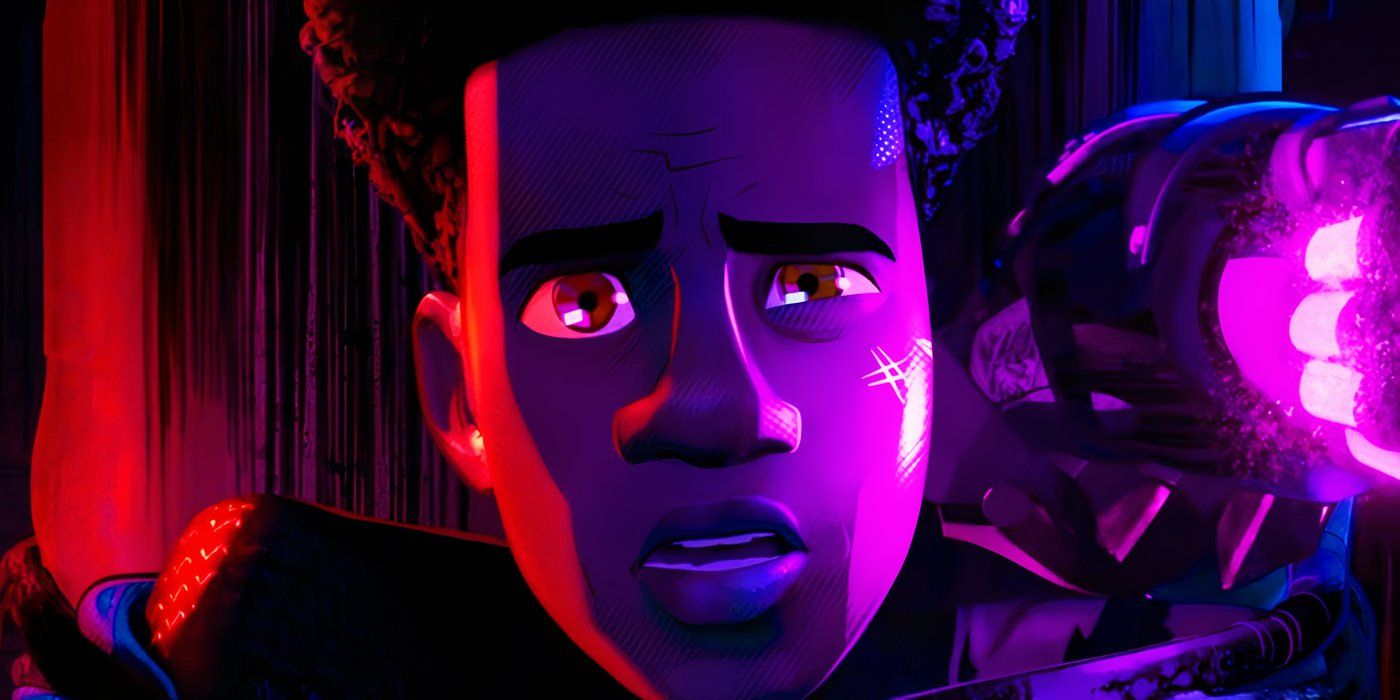During a panel at FAN EXPO San Francisco 2024, hosted by Screen Rant's Joe Deckelmeier, Moore explained why a different actor voices Earth-42 Miles after a fan asked whether Moore did. He stated: "unfortunately, it's another dude playing the voice—not unfortunately. Unfortunately for me, but exciting for the fan base." He then clarifies that this is the case for all multiversal variants. He is not both Miles characters, "just like Jake Johnson isn't both" Peter Parkers. Moore elaborates: "he's not Peter A. Parker, he's Peter B. Parker. Peter A. Parker was Chris Pine."
What Shameik Moore's Miles G Morales Actor Explanation Mean
Moore's words track with the casting of the various Spider-People. Generally, each universal variant is voiced by a different actor, hence why Johnson, Pine, Jack Quaid, Josh Keaton, and more play Peter Parker in the series. This seems to apply only to the casting logic for the Spider-People, however, as Miles' mother and uncle share their voice actors with their Earth-42 variants. Notably, this is also the case for Mary Jane Watson (Zoë Kravitz) in the film's prequel Spider-Man: Into the Spider-Verse.
Creative decisions like making each Spider-Person have a different voice actor further this idea of tonally different universes, with a prime example being Nicolas Cage as Spider-Man Noir.
Though the official reason for this isn't stated, it is most likely that the choice to include different actors as the various Spider-People is to enhance the lore and idea of each universe as distinctive. The cast includes actors from across various genres, and the character designs of the series are unique and varied. Creative decisions like making each Spider-Person have a different voice actor further this idea of tonally different universes, with a prime example being Nicolas Cage as Spider-Man Noir.
Our Take On Shameik Moore's Miles G Morales Actor Explanation
Though Moore's vocal performance as Miles is iconic, having Earth-42 Miles be voiced by Jerome is an intentional way of setting the characters apart, which makes sense. Earth-42 is a seemingly hopeless world, with a Miles who did not do what "our" Miles wants to do: save his dad. This version of the character never became a hero and rather gave in to the negative (yet loving) influence of Uncle Aaron. It makes sense to set him apart vocally from the more heroic Miles that audiences have spent two movies following.
Related
Spider-Man: Beyond the Spider-Verse has just received its biggest release update yet since the movie was delayed, but it is disappointing.
The Spider-People are meant to be connected through a series of canon events that put them on the path to heroism, such as the most well-known catalyst, the death of Ben Parker. Interestingly, Moore's Miles underwent the canon event of becoming Spider-Man, but he was never supposed to be his universe's Spider-Man, Peter A. Parker was.
The spider that was meant to bite Jerome's Miles was pulled across the multiverse by Kingpin's super-collider, creating a disruption in both universe's canon events and plunging Earth-42 into chaos. Spider-Man: Beyond the Spider-Verse will inevitably deal with the fallout of this change in fates, with the different actors playing Miles heightening their different trajectories.
Miles Morales returns in Spider-Man: Across the Spider-Verse, the sequel to Spider-Man: Into the Spider-Verse. With his identity still safe but "grounded" by his parents, Miles Morales is visited by his friend from another dimension, Gwen Stacy. Inviting him on a new adventure, Miles jumps at the opportunity but is seemingly accosted by an unknown assailant on his journey. Miles and Gwen will unite with new and old Spider-Heroes to face a villain of immeasurable power.












 English (US) ·
English (US) ·